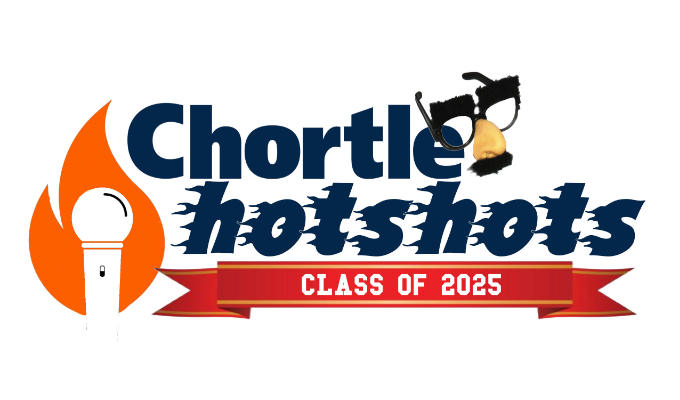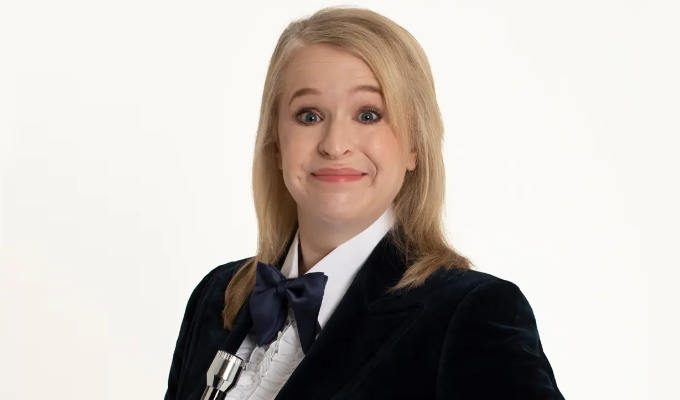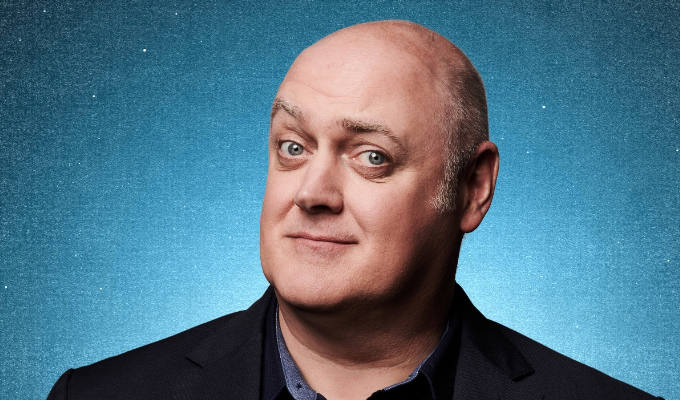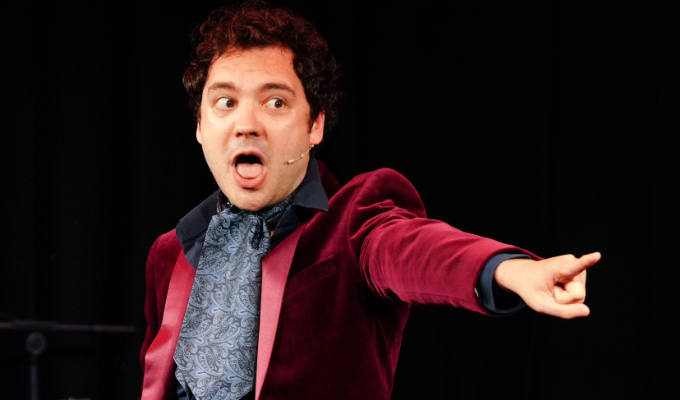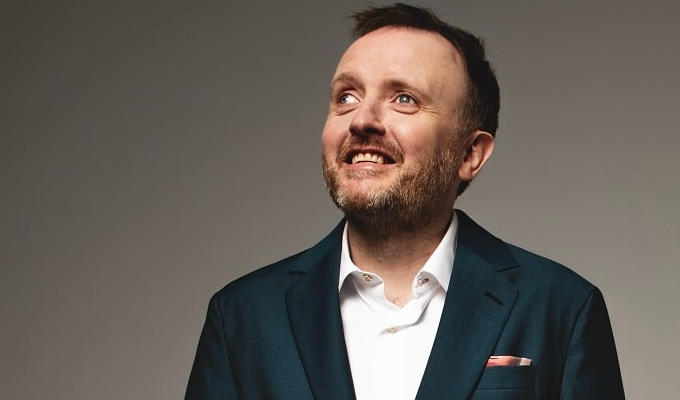 © zoetnet / Flickr
© zoetnet / Flickr Comics' egos make Edinburgh expensive
...among other things
Stoking comedians’ egos is one of the reasons taking a show to the Edinburgh Fringe has become so expensive, an industry conference has heard.
Rising costs of posters was given as one of the key areas leading to spiralling bills – and that’s largely down to the performers themselves.
Top promoter Mick Perrin said comedians would see their contemporaries’ faces plastered around the city in August, and felt they needed to do the same. ‘You can see how much money you lose based only on the ego of the acts,’ he told the Comedy International Conference in London.
But of more concern was the fact that one firm has a monopoly on all 900 posters sites sanctioned by the city, further forcing up prices.
Perrin added: ‘I'm seething about the fact that the poster sites are a monopoly – we don't know where these posters are going and they are costing us thousands.’
Comedy promoters should form a cabal to combat this through collective bargaining, the event heard yesterday.
Some comedians are shunning expensive posters. Richard Herring this year gave his audience free DVDs instead of spending the money on billboards.
And last year, Phil Nichol said: ‘Each year I am doing less flyers and posters. I think for a lot of comedians they have now become a bit of a vanity project. I find myself laughing at a lot of these posters when I am going home at night. I’d much prefer if we didn’t have them.’
Brett Vincent from Get Comedy told the conference in the Pleasance Theatre that spending on advertising depended on what the comedians wanted to achieve from playing Edinburgh.
He said: ‘Some acts can play 400 seats and just want to make as much money as possible and don’t need the expense.’
‘But there are also acts who'll spend a lot of money to shout that their shows are out there; they want to be in every paper and have their poster seen wherever you are in the streets. It’s all subliminal.’
He said that posters were only one of the astronomical costs facing Edinburgh performers – and cited accommodation, print advertising in publications such as The Scotsman, The List and Fest; and the guarantees demanded by venues.
‘One venue we paid a guarantee for didn't even have a mic and stand and you do expect that,’ he said – adding: ‘As a group we can stand together and say, “You're taking the piss.”’
Perrin agreed, saying: ‘When you read this stuff about the promoters making money – we don't. Property owners make money; poster companies do; PR companies probably do - but we don't.’
The conference felt it was unlikely anything could be done about accommodation costs, as there is such demand, but other costs could be capped by promoters and venues working together.
But Bob Slayer, who runs the independent Heroes venues, said it was often the comedy industry – especially Fringe venue operators – that was forcing prices up.
‘There are a lot of people at the Fringe who encourage acts to play bigger rooms and set deals where they are never going to get the money back,’ he said.
‘If the Underbelly can get an act to pay 5 to 10 grand before they go up there, of course they are going to do that, it's good business. But the venue then doesn't have the motivation to do great deals. One company paid £10,000 to hire a room for the Fringe because they are sitting on all the acts’ money... but it means acts are getting into debt.’
Slayer also called for some reconciliation between free venues and paid ones.
‘Over the last three years there been this paid versus free debate which has been unhealthy but necessary, to highlight the deals that acs are getting. Now we are having a conversation, the Fringe is only going to get better and better,’ he said.
Amy Saunders - aka sword-swallower Miss Behave – added that sometimes playing smaller room could prove more beneficial to an act – citing the example of variety troupe Slightly Fat Features, who struggled to fill Pleasance One this year, despite getting overwhelmingly positive reviews.
‘If you're selling 300 tickets a night that's amazing, but not if you are in a venue that seats 500,’ she said. ‘You get a different vibe if you’re in a room that’s squashed to bursting, even if it only holds 30. If Slightly Fat Feature had a 100-seat room and people were queuing for returns, it would have created a real buzz.’
The issue of ‘Mickey Mouse’ reviews was also raised, with Vincent calling for a way to ‘educate audiences about how four and five-star reviews are valued’ so that established, credible publications are given more credence in promoting shows than rookie writers.
But Sara Shulman from Comedy Blogedy said that with almost 1,000 comedy shows on the Fringe, newer acts often found it difficult to get any reviewers in – so student critics had a role in ensuring this aspect of the festival was covered in the media too.
Jack Arts, which sells the poster spaces during the Edinburgh Fringe, has not responded to a request for comment.
Published: 4 Oct 2013

